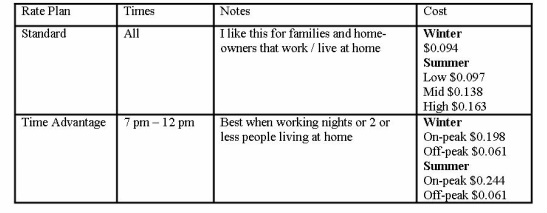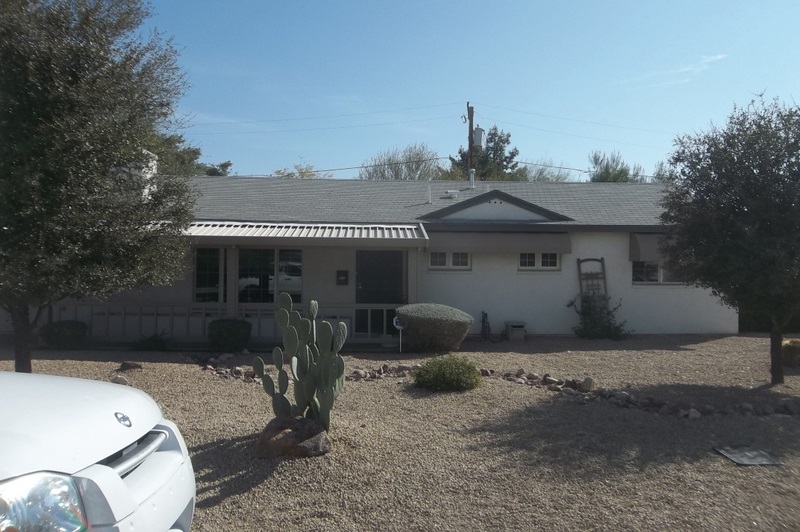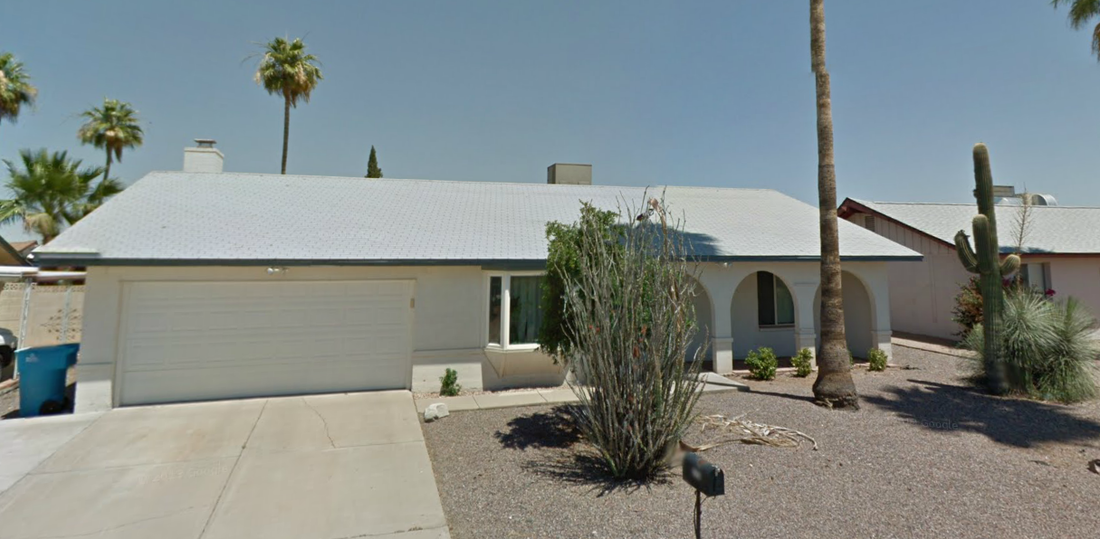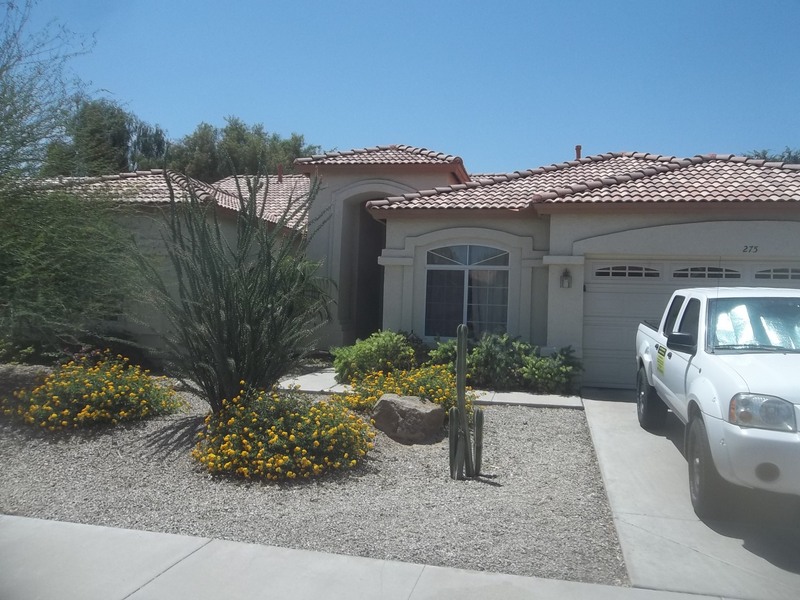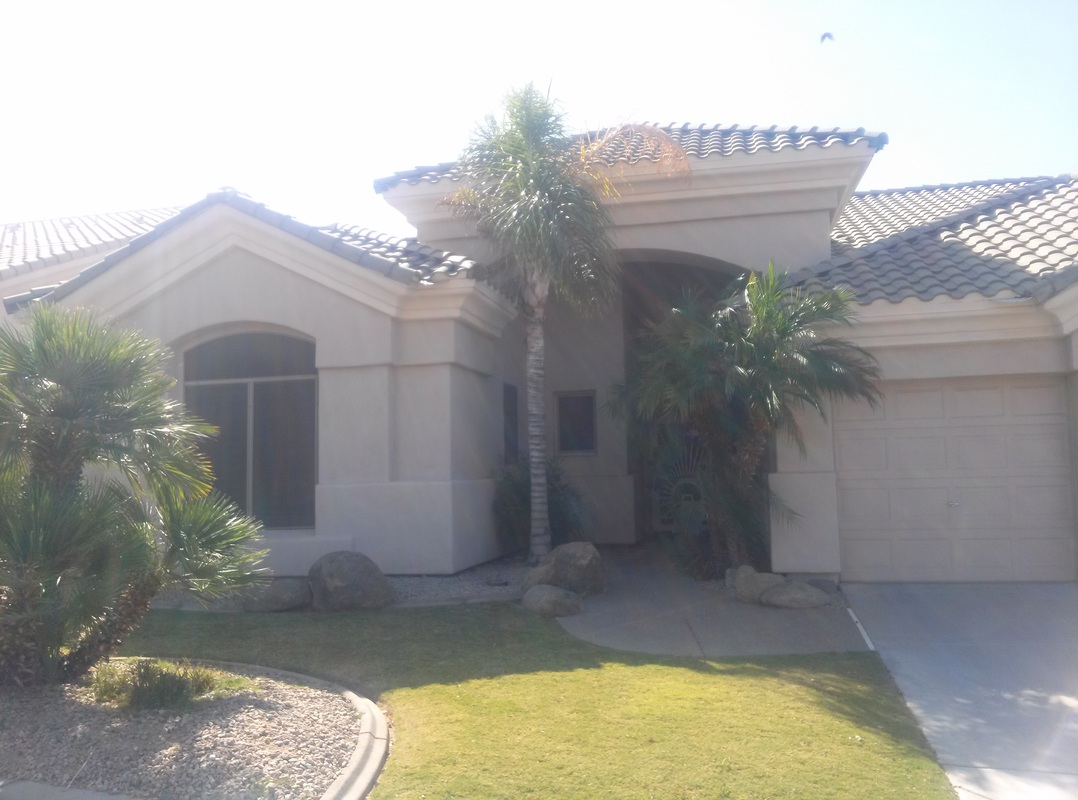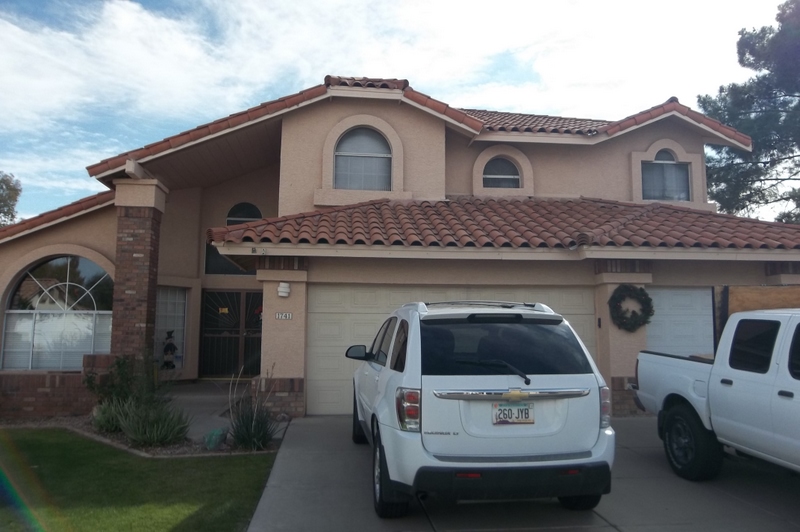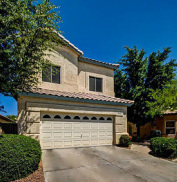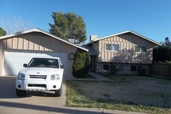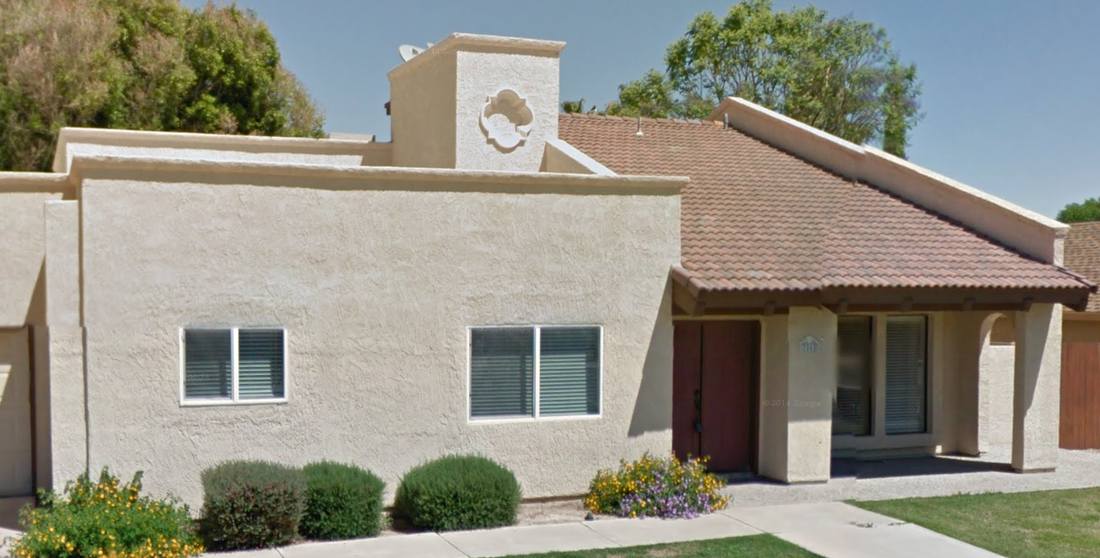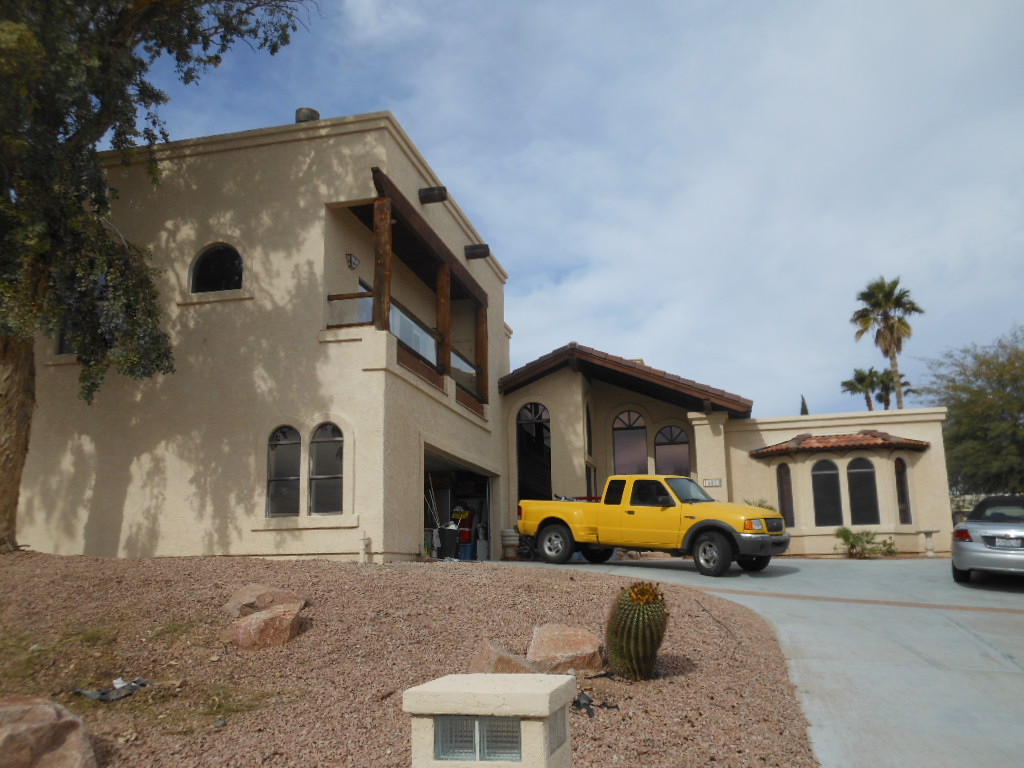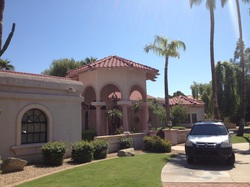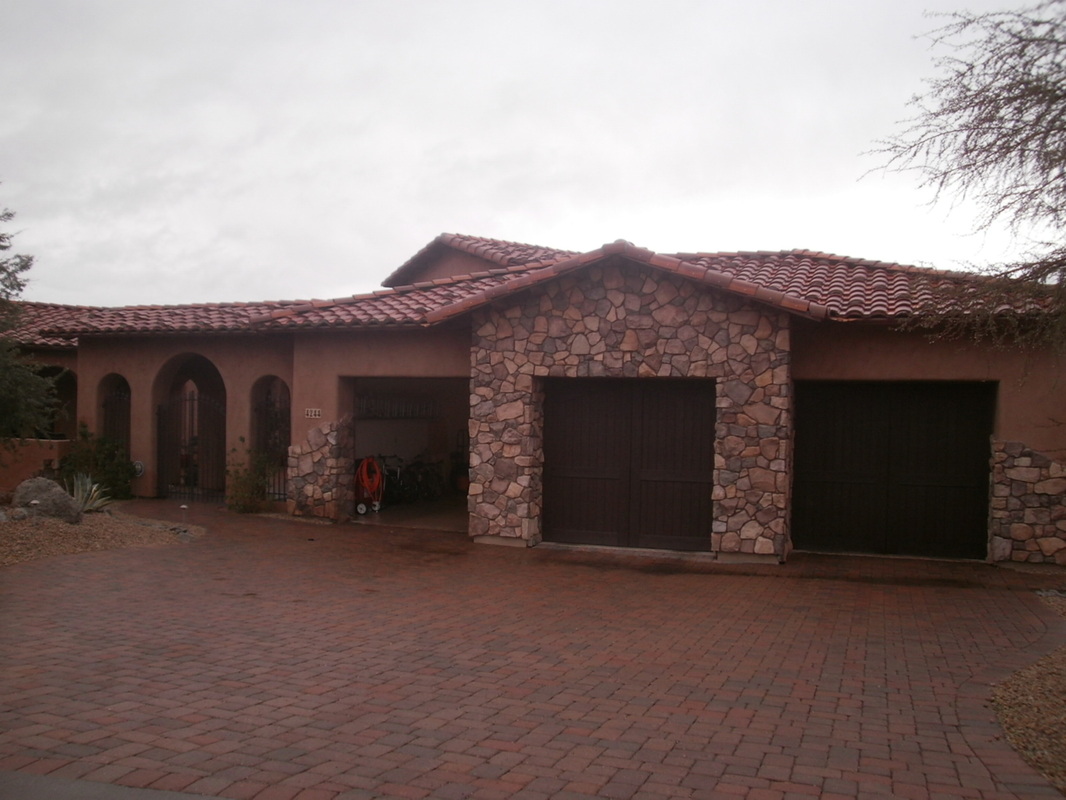|
It’s obvious that APS makes money the more energy you use but there are times when even their power plants get stressed from too much, or peak demand. In Arizona, guess when that happens? When it’s 110 degrees outside and you want to keep a cool 78 degrees in your home. With your air conditioner being the biggest energy user in your home, it’s no wonder why APS gets a little stressed during these times… and it’s because of those peak demands that the utility company incentivizes it’s customers to lower its energy use during those times. To further the energy issue, the Federal government has mandated that APS reduce its electric usage by 20% by 2020. That is the main reason why APS is paying its customers to make their homes more energy efficient and sponsoring the Home Performance With Energy Star energy audit program. The APS energy audit program has the same affect on you, the homeowner in that it is designed to lower your energy bill each month but there is a big difference in the way that is accomplished. The biggest difference is the APS time-of-use plan and residential rate plan is about energy conservation, whereas the energy upgrades to make your home more efficient is about energy efficiency. Saving energy at home through conservation is about tweeking your lifestyle to save energy, putting on a sweater when it gets cold outside rather than turning the heater on, turning the thermostat up in the summer even while you are home are energy conservation examples. What I love and do everyday is about energy efficiency, and that is designing and installing a better constructed home to work more efficiently, so your energy bills go down every month, but you don’t have to change a thing and you are more comfortable. These are things like checking and sealing the ductwork for leaks, airflow and room pressure issues and adding more insulation which can make a huge difference in how your home operates as a system. So that was your tip for the day, now let’s get back to APS rate plans. APS has several rate plans and depending on your schedule. They are best suited for people that are regularly done for work Monday to Friday. http://www.aps.com/main/services/residential/rates/rates_29.html#standard
I thought APS had another 9 am – 6 pm rate plan, but as of this blog, I couldn’t find it on their website. There is also the equalizer plan which many people like because of its predictability… except when it’s not predictable. Under the Equalizer Plan you may the same amount on your bills each month as your usage is averaged over 9 to 12 months. More information on the APS Equalizer Plan can be found below: http://www.aps.com/main/services/residential/FAQ/ResFAQ_50.html If you are interested in other energy efficiency ideas, take our quick quiz to the right sidebar and we’ll send you some insider DIY tips to save money on you bills.
4 Comments
4/15/2012 07:01:11 pm
Take advantage of free solar heat - keep blinds open in the day to let in sun, close them at night to hold in the heat
Reply
4/25/2012 01:49:18 pm
Energy saving is very important for improve our electricity situation.
Reply
Beverly Grabiec
11/13/2015 04:02:45 pm
What is the best time to use the dishwasher and dryer? I want to save, but would like to know when it's best to use these things, so I can save money. Thank you
Reply
David Byrnes
11/14/2015 07:14:48 am
Hi Beverly, if you are on a time-of-use plan with your utility company where you pay more during certain times of the day, then at night is absolutely the best, and cheapest time to do dishes and laundry. If you pay the same amount regardless of the time of day then it really doesn't matter. For example in Phoenix, our utility rate almost doubles during the hottest part of the day in the summer, so you can save a lot of money by not using any appliance, pool pump or even AC during that time. There are ways to pre-cool your home to avoid using energy as much as possible then. It's just a game we have to play with the utility company.
Reply
Your comment will be posted after it is approved.
Leave a Reply. |
Sign Up For Your Home Energy AuditFIND YOUR HOME TYPERanch HomesSingle Story, Spec HomesTwo Story, Spec HomesTri-Level HomesPre-1990 Custom HomePost-1990 Custom HomeDon't See Your Home? Find Your City Below!Archives
April 2024
Copyright Notice©2009 – 2023
All Rights Reserved |


